It’s easy to assume that all of the items in your home are completely harmless, but shockingly, some of them could actually be banned in certain parts of the U.S. Often, this is due to safety concerns, environmental regulations, or sometimes even historical reasons, but either way, certain products, materials, or objects are illegal to own or use.
While some bans are common knowledge, others might surprise you, so to learn more about the subject, check out this list of items in your home that might be banned where you live.
Kinder Surprise Eggs
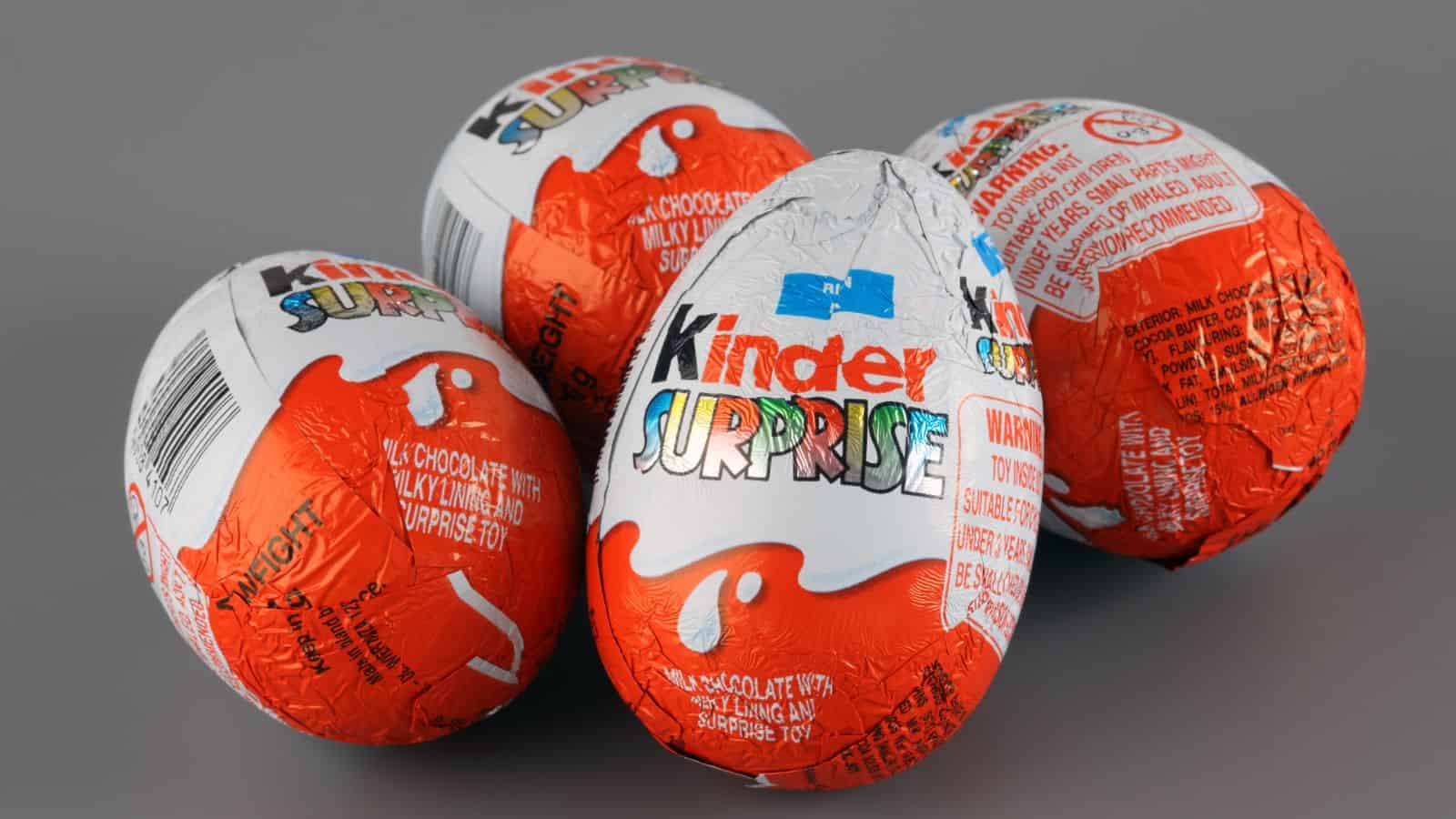
Everyone loves the sweet taste of Kinder surprise eggs, but did you know that these chocolate treats with toys inside are banned in the United States? Contrary to popular belief, this hasn’t got anything to do with prison smuggling. In reality, the concern is that the small toys pose a choking hazard for kids.
Incandescent Light Bulbs
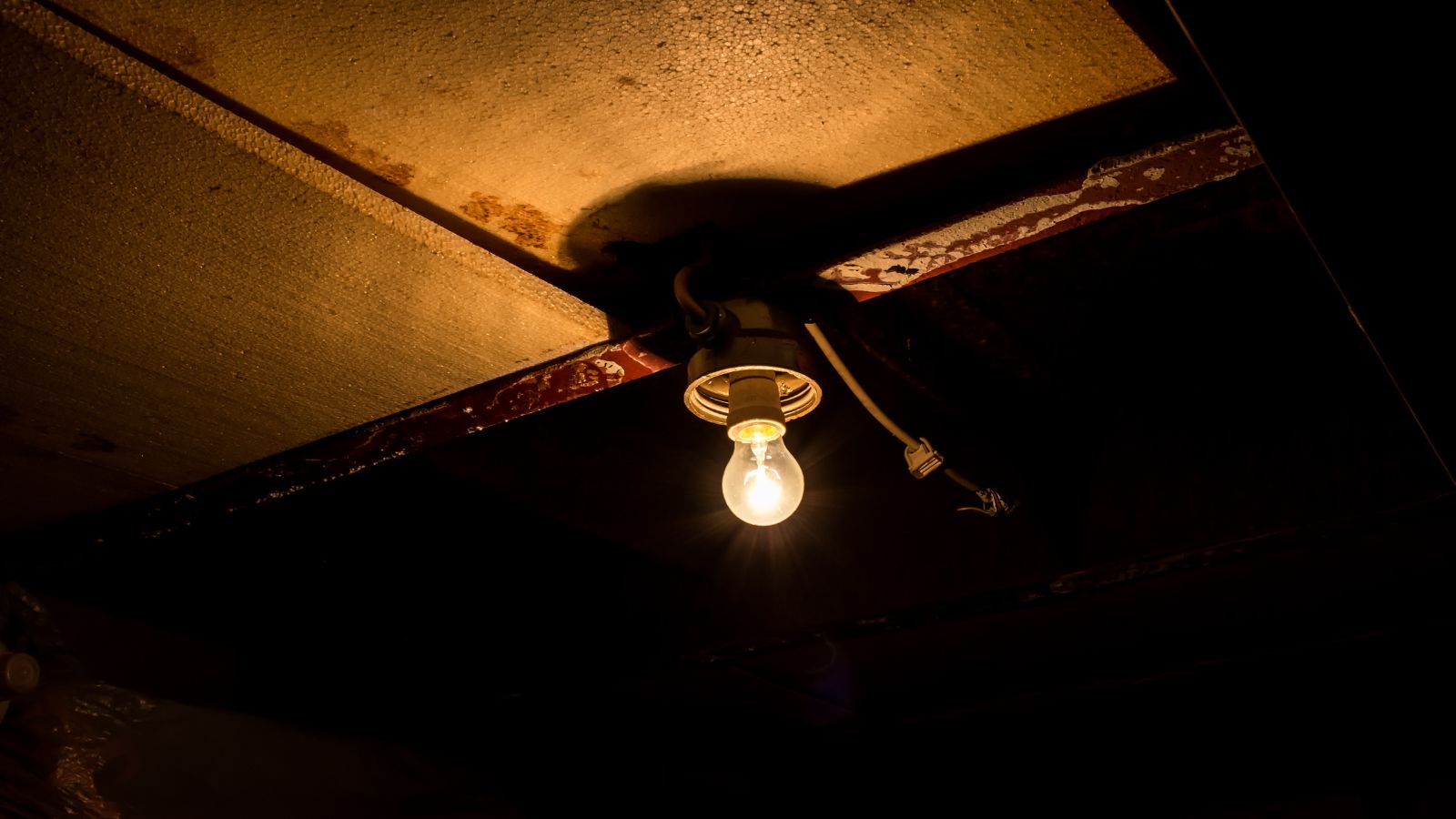
In an effort to save energy and reduce environmental impact, many countries have now started to ban traditional incandescent light bulbs. The U.S., Canada, and the EU have all phased out these bulbs in favor of more energy-efficient options like LEDs.
So, if you’ve still got old incandescent bulbs lying around, it might be time to make the switch. We highly doubt that the police will be knocking on your door to check your lightbulbs, but do it for yourself and the environment, as you’ll save a whole lot of energy and money!
Certain Laser Pointers
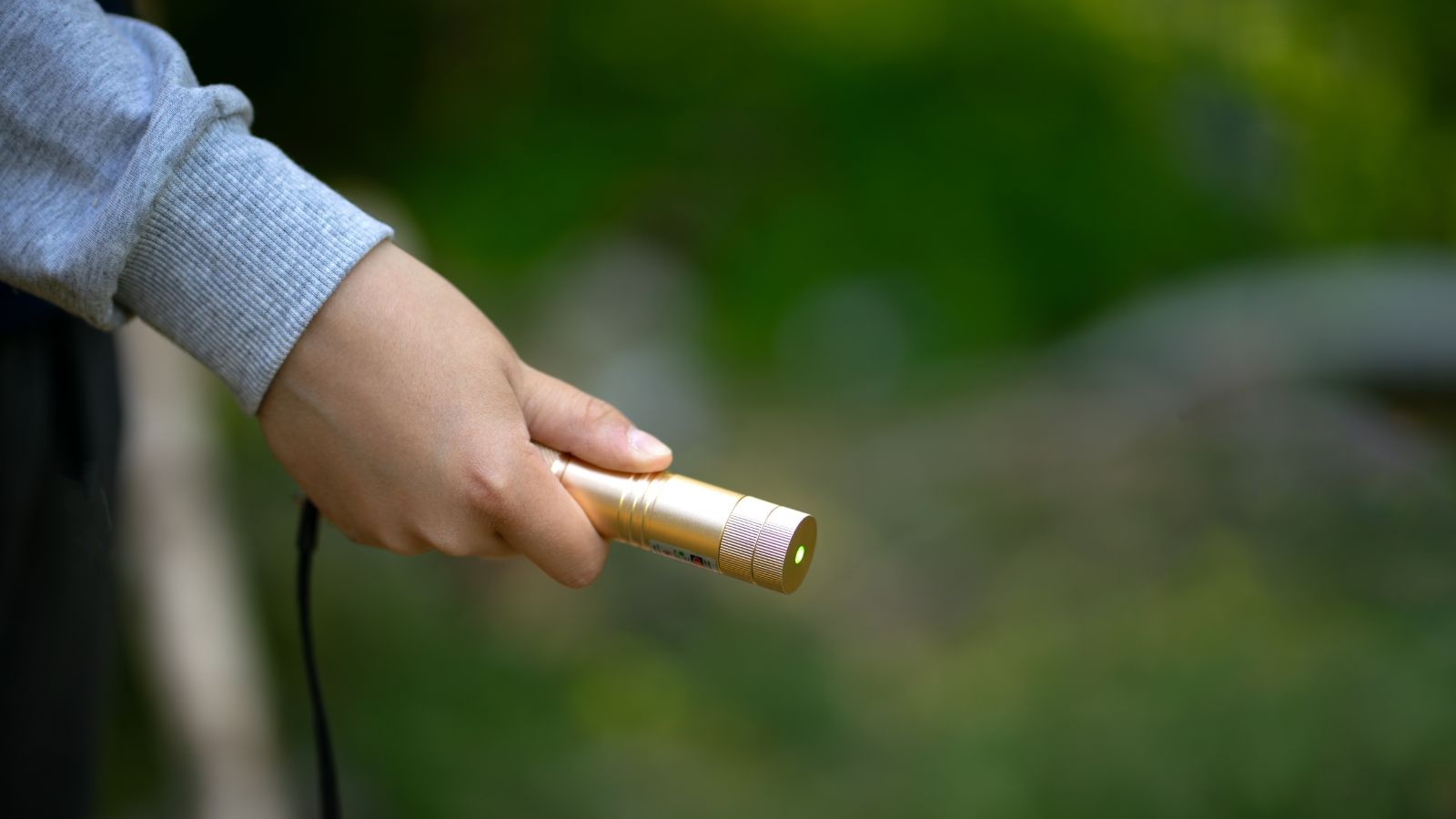
Understandably, high-powered laser pointers are illegal in many places because they can pose a serious danger to pilots, drivers, and others. Shining one into the sky could disrupt aircraft, which is why many countries restrict their sale and use. Some can even damage retinas if shined into someone’s eye, so if you own a laser pointer, make sure it complies with local laws and that you use it responsibly.
Some Exotic Pets
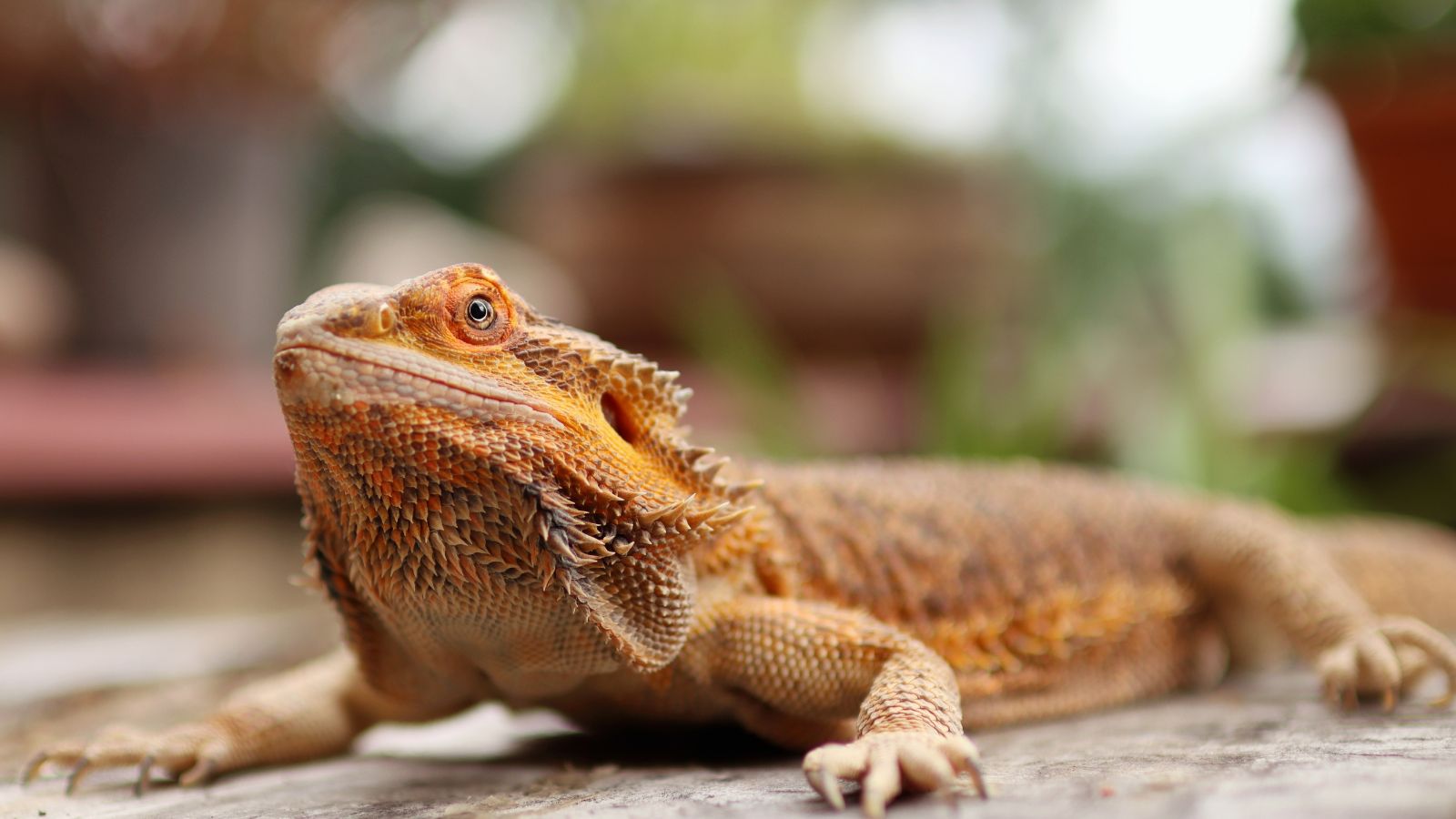
It should go without saying that owning exotic animals like snakes, monkeys, or large reptiles is illegal in many places–including parts of the U.S. Yes, the prospect of such ownership might seem exciting, but many of these animals are banned for safety, and conservation reasons.
Ultimately, the restrictions often aim to protect both the animals and public safety, so if you’re considering getting an unusual pet, make sure that you check the local regulations first to avoid any legal issues.
Plastic Straws

In many parts of the world, single-use plastic straws have been banned due to their horrible environmental impact. These bans are part of larger efforts to reduce plastic waste, which can harm wildlife and ecosystems. Sadly, this law hasn’t been put in place in the U.S. just yet.
Certain Fireworks
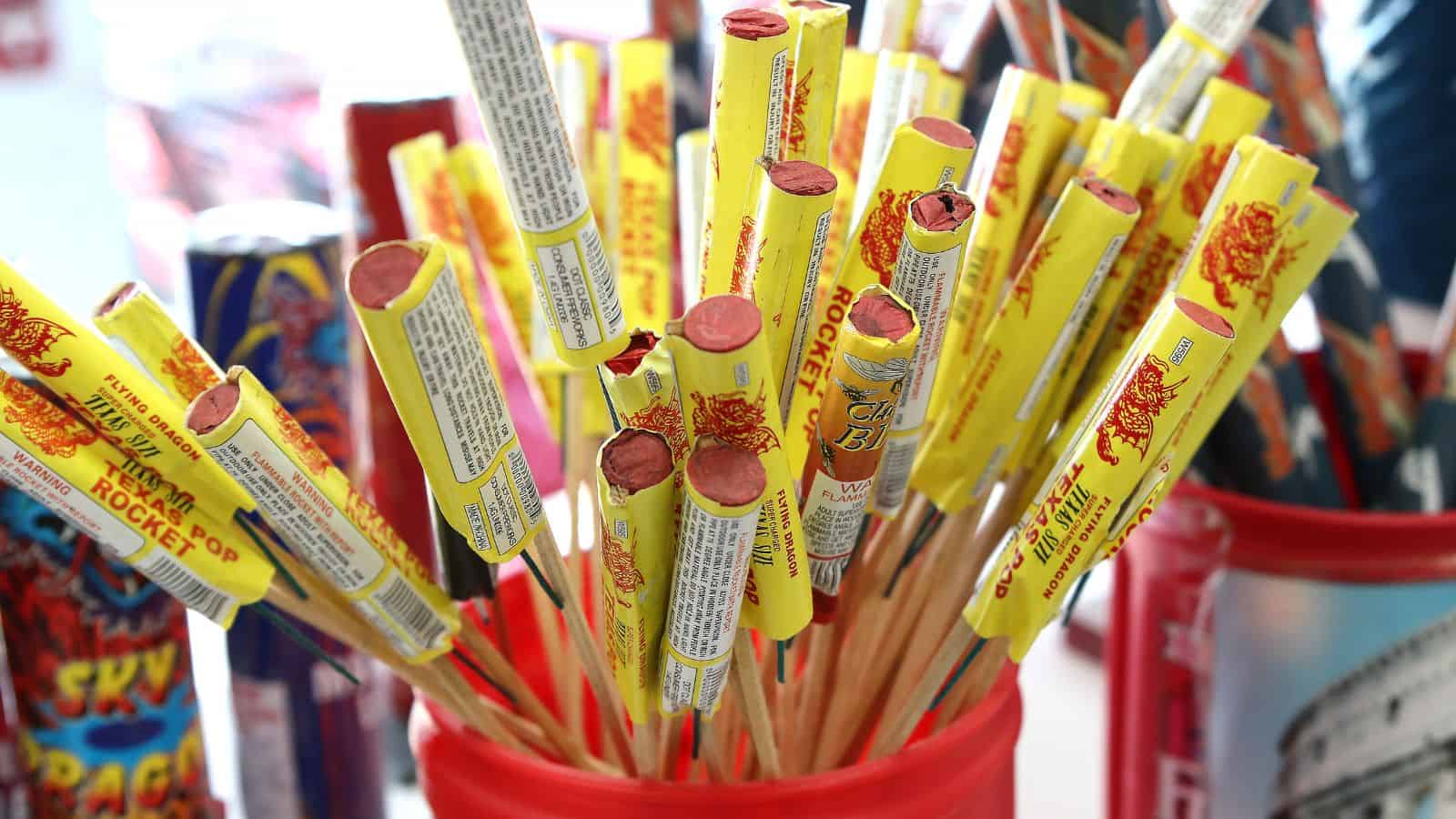
Another self-explanatory banned item is overly powerful fireworks. These are regulated differently depending on where you live, but some types are completely banned. For example, in many areas, high-powered fireworks like cherry bombs or M-80s are illegal due to their potential to cause injuries and fires. Therefore, if you’re planning a celebration, make sure your fireworks are permitted locally.
Mace or Pepper Spray
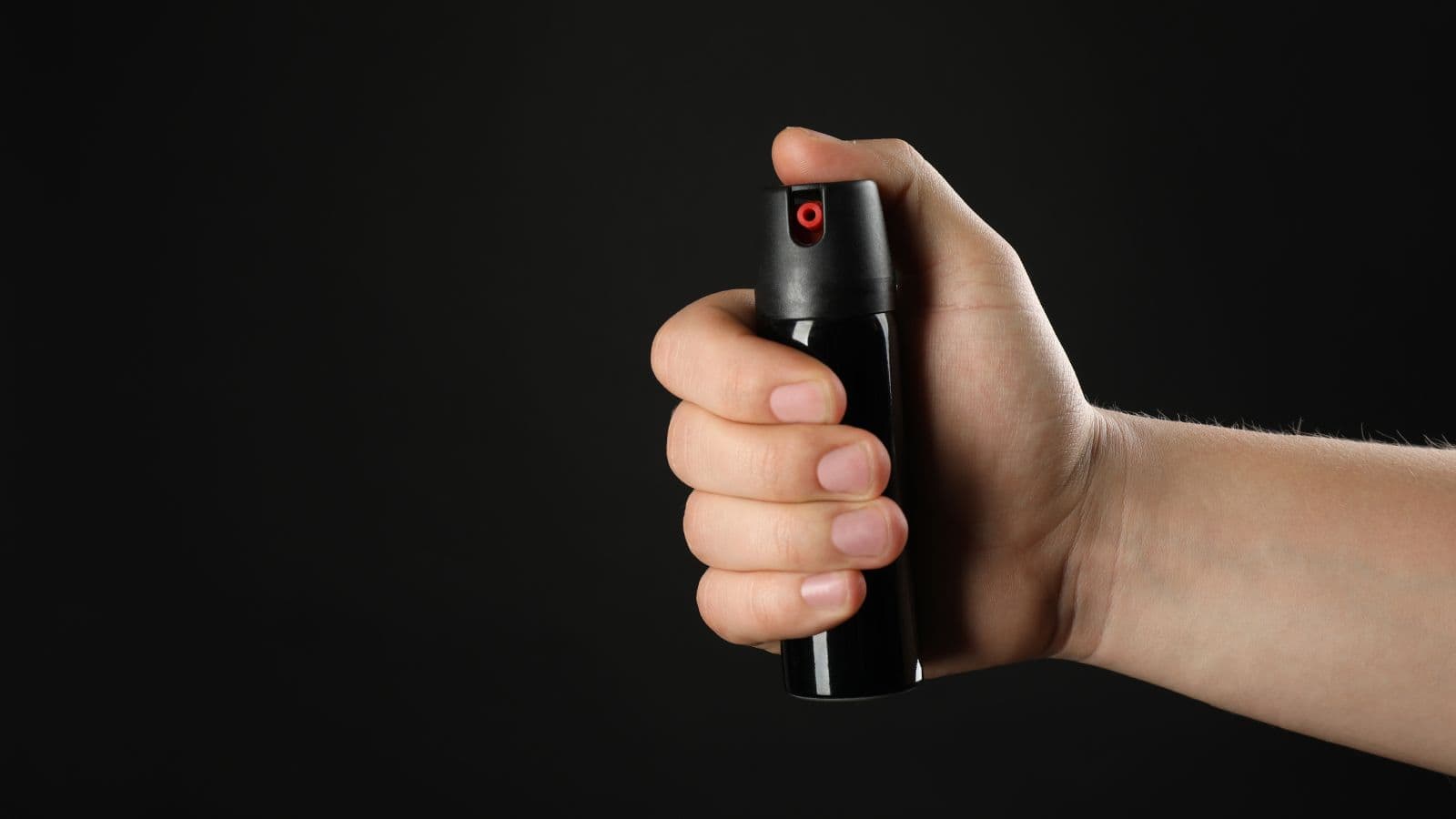
In some countries, carrying pepper spray or mace is illegal, even for self-defense. Regulations vary widely, with some places requiring permits and others banning these products outright. So, anyone who is traveling with pepper spray should check the rules to avoid getting in trouble.
Lawn Darts
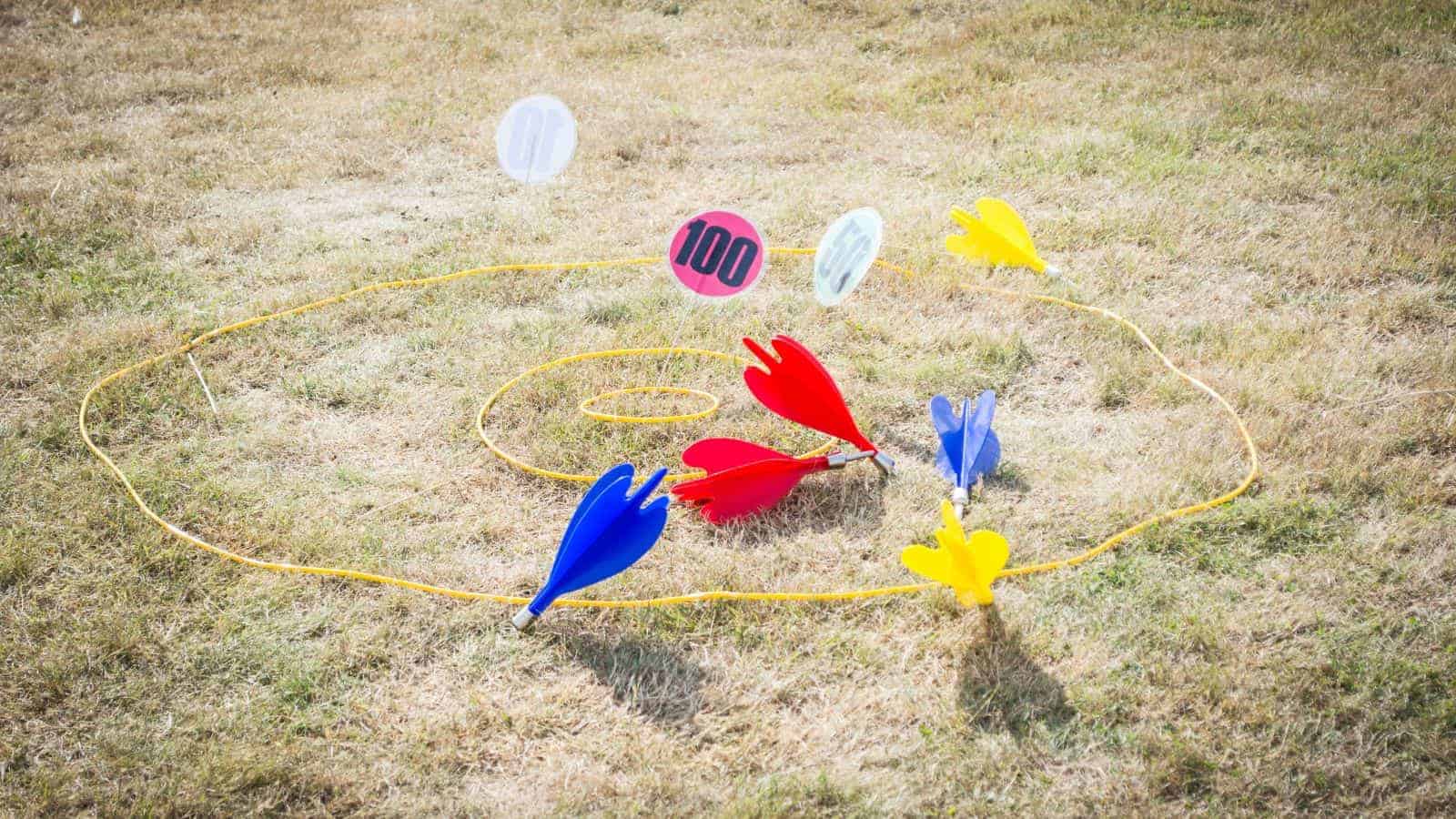
Do you remember lawn darts, or “jarts”? These were once one of the most popular yard games in the U.S., especially in the 70s. Eventually, though, they became banned here, as well as in several other countries, and it was all because of safety concerns.
Like, come on–it’s pretty obvious that the sharp, heavy darts were going to cause numerous injuries, and they did, particularly among children. Thankfully, safer, modern versions are available if you’re looking for a nostalgic game without the risks.
Mercury Thermometers

Decades ago, many countries banned mercury thermometers because mercury is highly toxic and poses environmental risks if spilled. At the end of the day, digital or alcohol-based thermometers are safer alternatives and are widely available, and they’re often more accurate, so the risk simply isn’t worth it.
Certain Knives
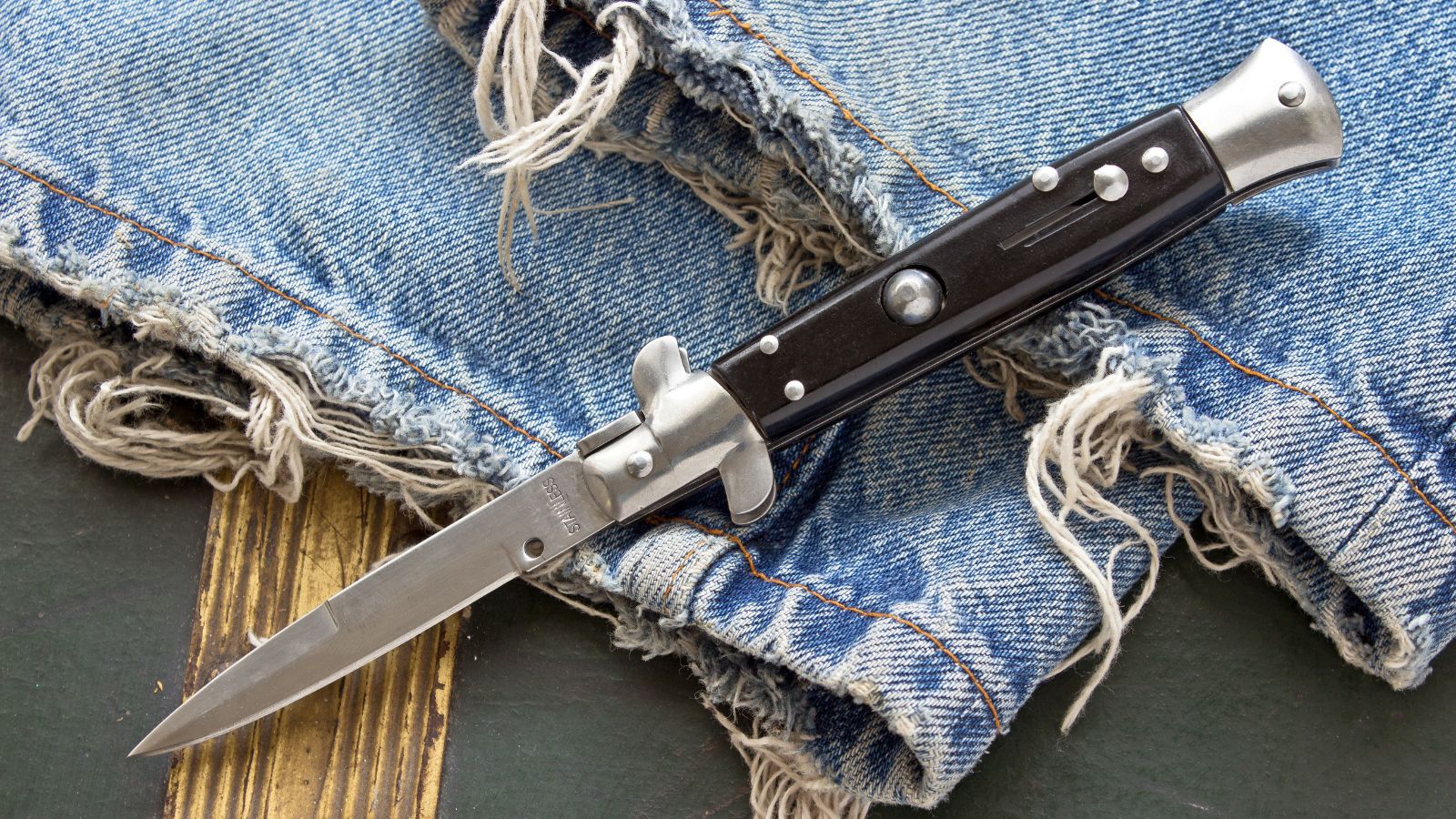
Switchblades, butterfly knives, and other specialty knives are banned in some places due to their association with criminal activity–that makes a lot of sense. Even if you own one as a collector’s item, carrying it in public could land you in some serious legal trouble.
Freon Refrigerants

This might take you by surprise, but older refrigerators and air conditioning units that use Freon are banned in many countries due to their harmful effects on the ozone layer. Thankfully, Freon has long since been replaced with safer alternatives, but if you still have older appliances, it’s worth looking into upgrades or proper disposal methods.
Specific Video Game Consoles

In certain countries, specific video game consoles have been banned at various times–yes, really. For instance, China banned all gaming consoles from 2000 to 2015, citing concerns about their impact on youth. That’s pretty outrageous! Thankfully, these bans are often lifted, but some older consoles might still be restricted in some places.
Hoverboards
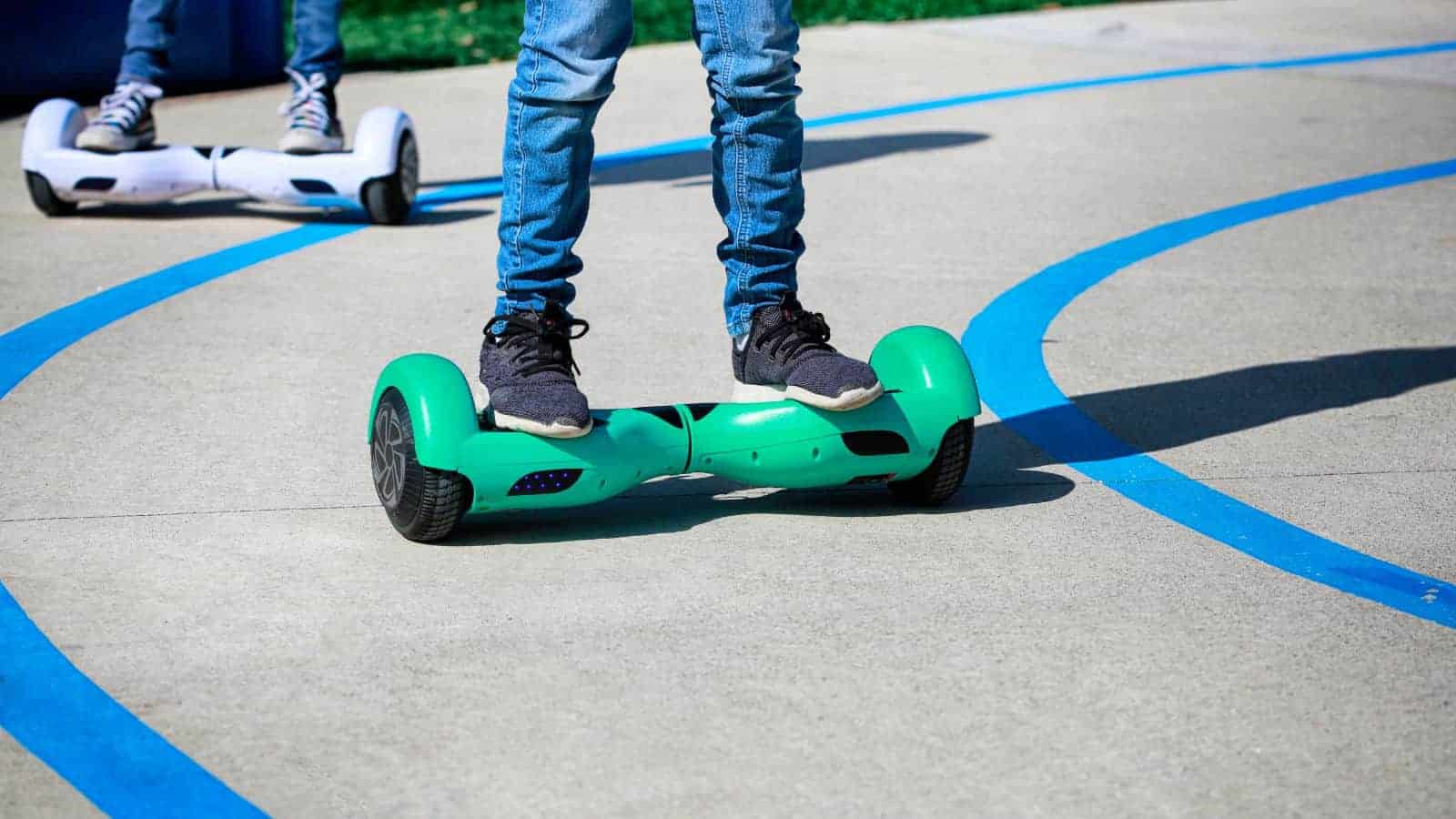
Remember back when hoverboards were all the rage a few years ago? It wasn’t long until their terrible safety record ruined the fun. Mass reports of fires and accidents led some countries and cities to ban their sale or use, and even now, strict regulations may apply to hoverboards, especially when it comes to battery safety.
High-Pressure Cookers
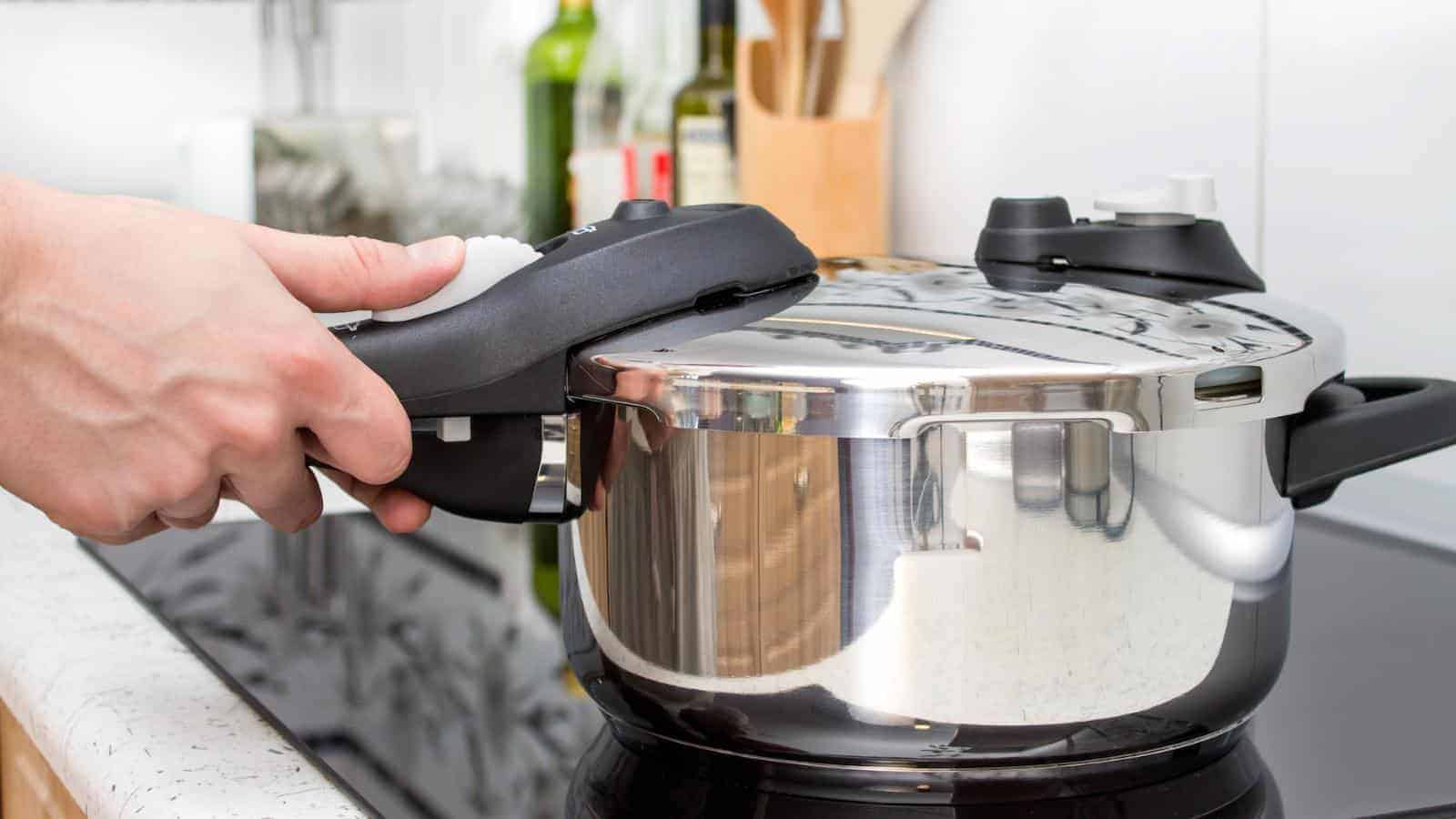
Nowadays, everyone is obsessed with air fryers, but back in the day, the hype was all about high-pressure cookers, commonly used for canning and cooking. Today, though, they’re widely banned or, at the very least, restricted, and once again, that’s because of safety concerns.
In particular, older models without modern safety features are seriously risky. So, if you’re a fan of pressure cooking, check whether your equipment meets local safety standards before getting started.
Certain Hair Dyes
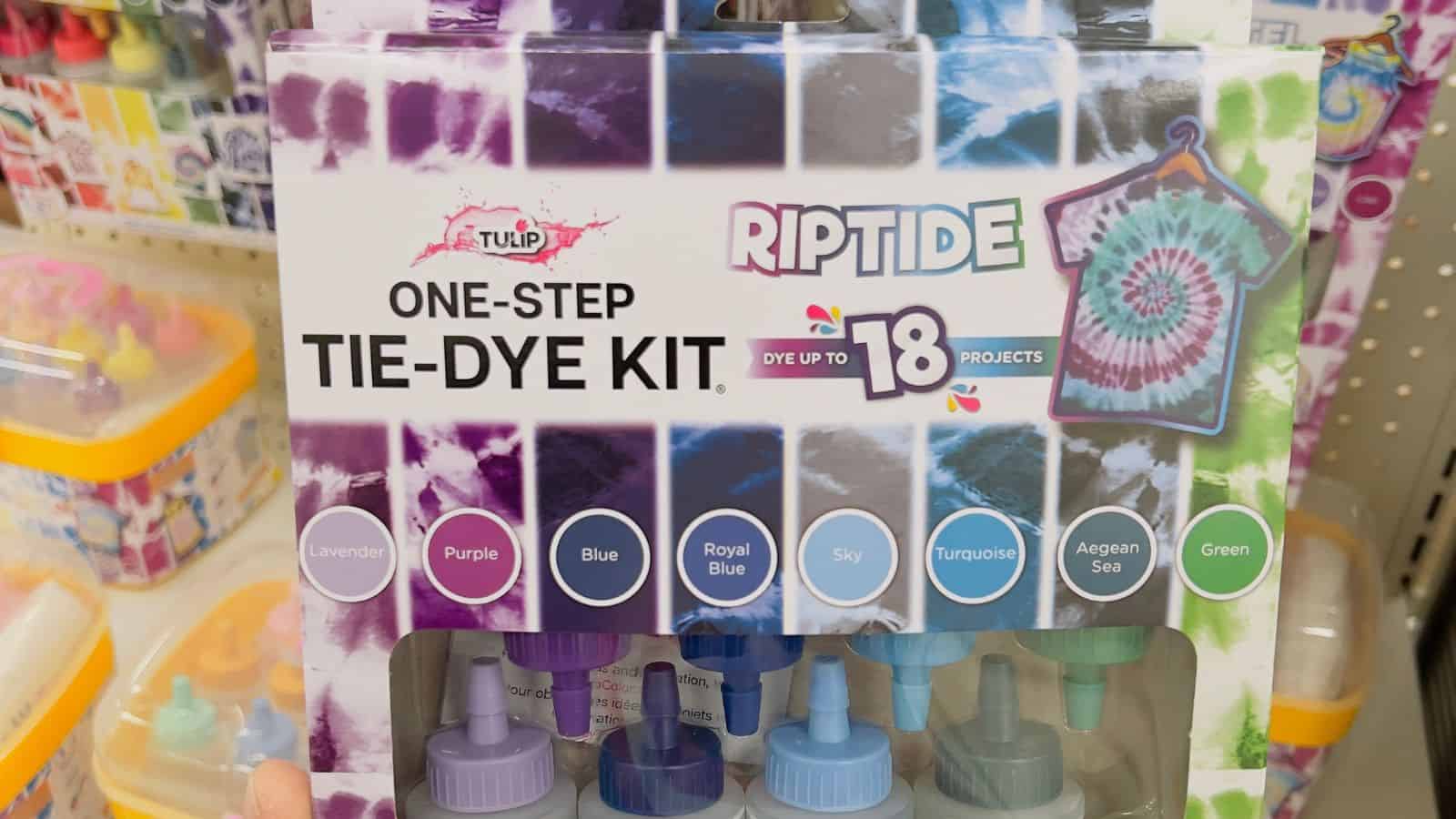
This might seem strange, but some hair dyes are banned these days, and that’s not due to crimes against fashion. Actually, it’s because of certain dyes containing harmful ingredients that have potential health risks. Specifically, chemicals like lead acetate and certain parabens have been restricted in products sold in the EU, although they may still appear in products elsewhere.
Drones
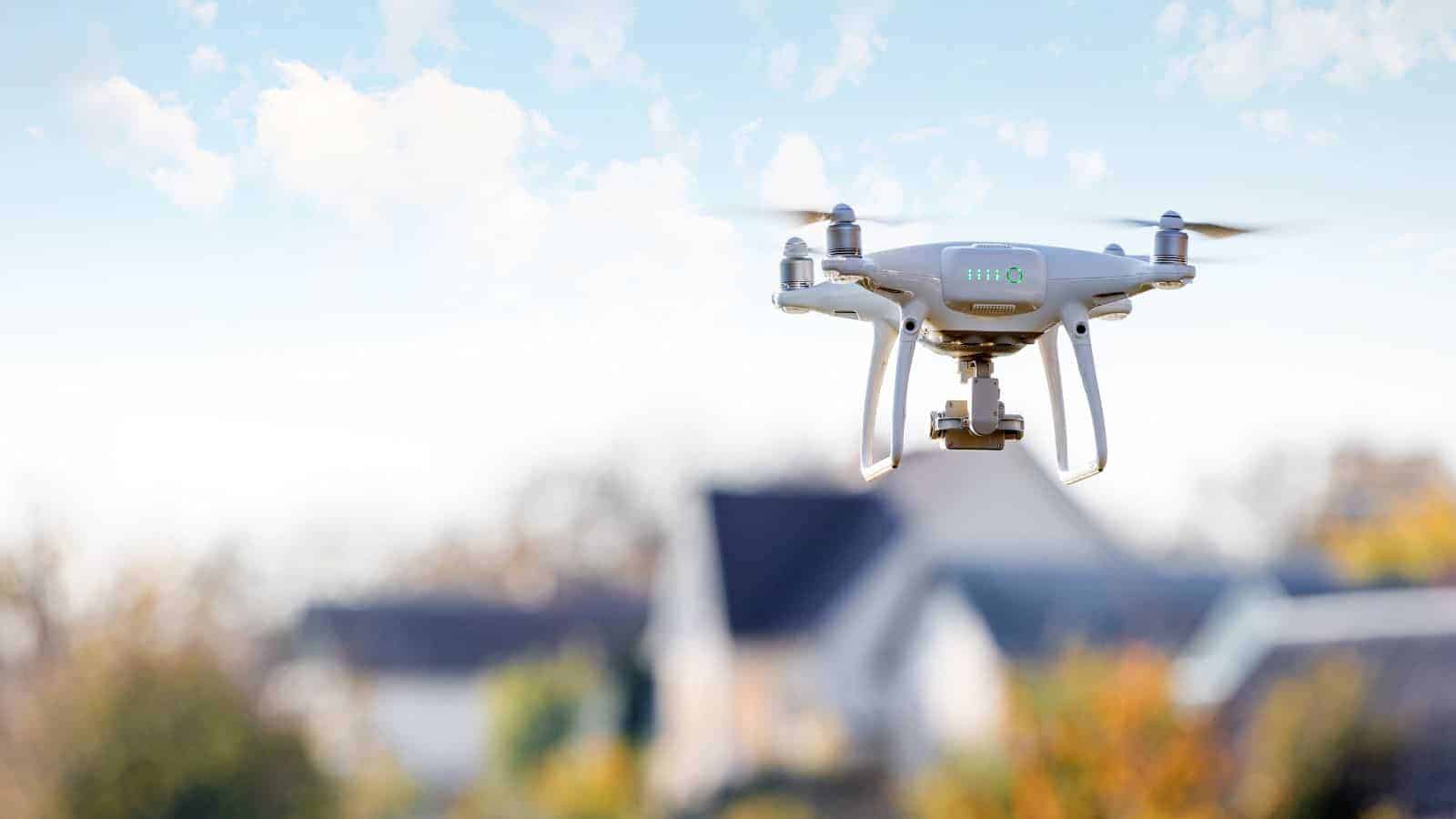
We can all agree that drones are fun and useful, but they’re heavily regulated in many areas, and for good reason. Lots of countries ban drones altogether, while others require strict licensing and registration. Therefore, flying a drone without following the rules could result in fines or confiscation, so you really need to be careful.
Toy Guns
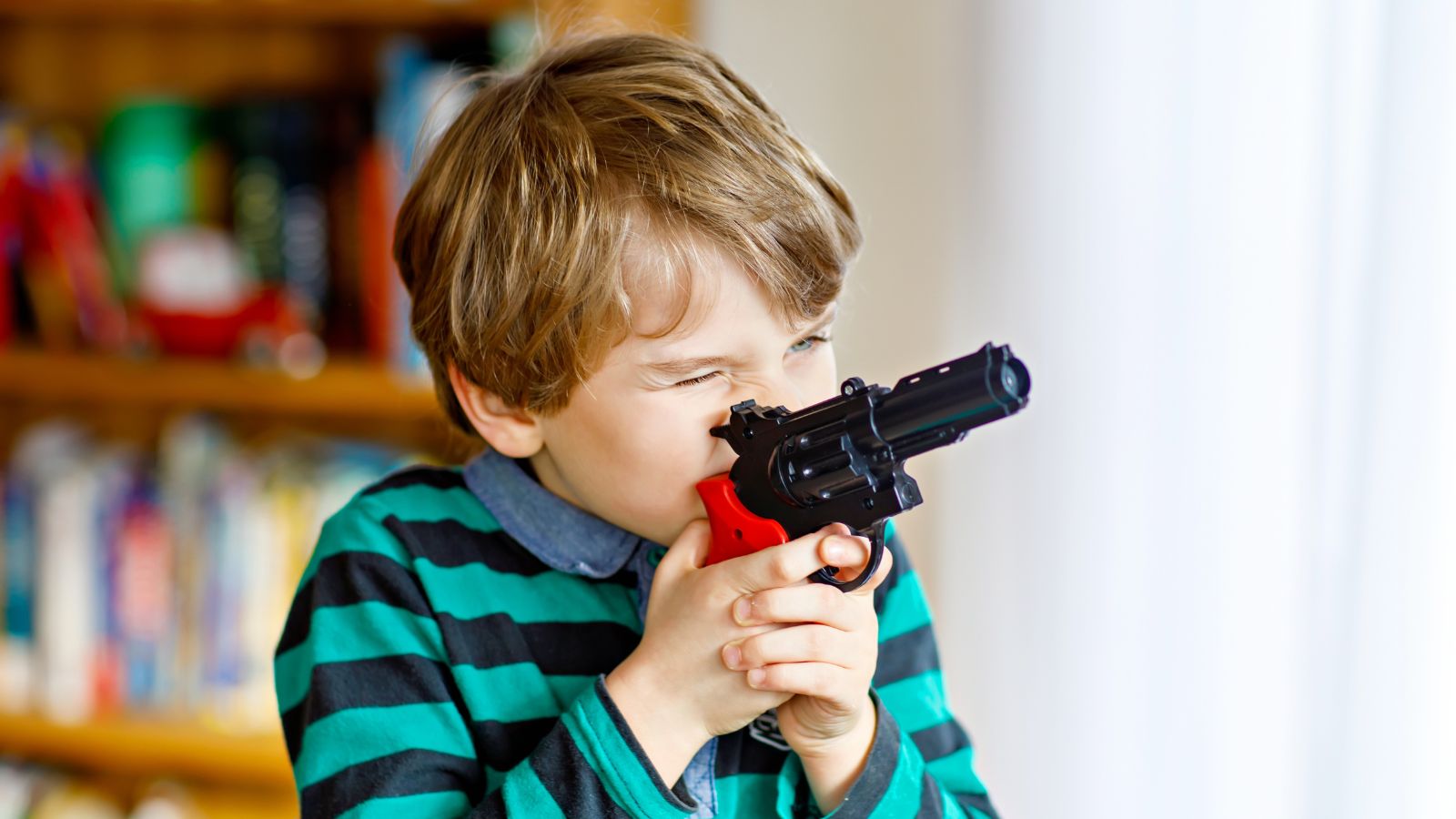
It’s pretty obvious why toy guns that look too realistic are banned in some places: to avoid confusion with real firearms. This is especially true for BB guns, airsoft guns, and even certain Nerf models. Normally, brightly colored or clearly marked toys are fine, but you should always double-check the laws if you’re unsure. In general, though, it’s probably a safer bet to not wave any form of toy gun around in public.
Lead Paint

It’s pretty shocking how, back in the day, lead-based paint was widely used for decades. You’ll be relieved to know that it’s now banned in many countries because of its health risks, especially for children. Because of this, if you live in an older home, it’s important to test for lead paint and have it professionally removed if necessary.
Certain Plants

Last on our list of items that you might own, despite them being banned, are certain plants, such as kudzu and Japanese knotweed. As you might expect, these are banned in specific regions because they’re invasive species, meaning that these plants can take over ecosystems, harming local wildlife and vegetation. So, if you’re into gardening, research any restrictions before planting something exotic or unfamiliar.
